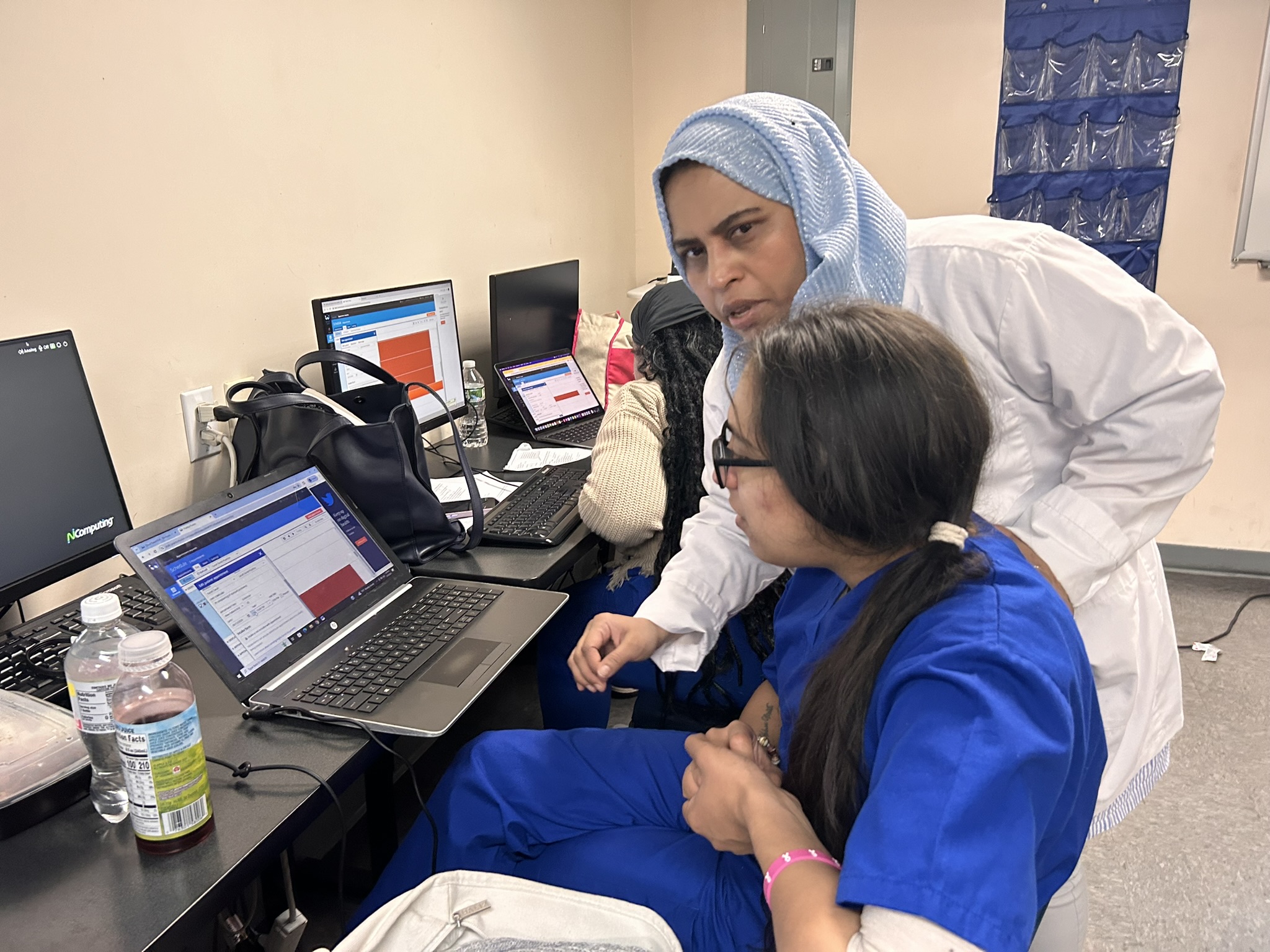In today’s diverse healthcare environment, effective communication is a must for quality patient care. Medical assistants often find themselves at the frontline, interacting directly with patients whose first language may not be English. But with the right strategies and skills, medical assistants can have clear, compassionate interactions with all patients, regardless of language differences.
The Importance of Effective Communication
Exactly why are communication skills important in healthcare? When healthcare professionals can communicate with patients, they are empowered to not only deliver effective medical treatment, but also to support patient safety, engagement, and trust. With the ability to communicate with a patient, it becomes easier to provide accurate diagnoses, treatment, and even follow-up care. Language barriers complicate these interactions, potentially leading to misunderstandings or miscommunications that could affect patient outcomes.
Common Language Barriers in Healthcare
Medical assistants frequently encounter language barriers in various scenarios, from initial patient registration to explaining treatment plans and follow-up care. These barriers can pose significant risks, including incorrect medication administration, poor compliance with treatment regimens, and overall reduced quality of care.
Understanding and addressing these challenges is crucial for maintaining the integrity and effectiveness of healthcare delivery.
Tools and Technologies to Assist Communication
To bridge the communication gap, several tools and technologies are available that can help medical assistants and their patients:
- Medical Translation Apps: These apps provide real-time translation of patient information, improving accuracy in patient interaction.
- Language Line Services: Telephone-based interpretation services can facilitate more complex conversations with patients.
- Portable Translation Devices: Handheld devices that offer on-the-spot translation to support clearer communication during patient examinations and consultations.
Cultural Competence and Sensitivity
Beyond language, cultural competence also plays an important role in effective healthcare communication. Medical assistants must adopt practices that not only overcome language barriers but also respect cultural differences.
Depending on the situation, this can mean understanding the nuances of different cultures, including dietary preferences, health practices, and perceptions of illness and treatment. MAs should also prioritize using culturally sensitive communication techniques to build trust and ensure patients feel respected and valued.
Training & Resources for Communication in Healthcare
For medical assistants to succeed in a multilingual, multicultural workspace, proper training and resources are key. Every medical assistant should undergo a basic level of communication training, as well as ongoing professional development, which would ideally include:
- Multilingual Communication Skills: Courses designed to enhance communication across different languages.
- Cultural Awareness Programs: Training that fosters understanding and sensitivity to diverse cultural backgrounds.
- Continuing Education: Ongoing opportunities to update skills and knowledge in the latest communication technologies and practices.
At the Allen School of Health Sciences, our medical assistant training programs focus on covering the full range of topics relevant to our modern healthcare world. Because we adapt our educational programs to meet the changing needs of today’s healthcare workspaces, students can build the skills they need to serve patients from all cultures and backgrounds. The importance of communication skills in healthcare cannot be underestimated, which is why this topic is one of the several foundational study areas we cover at the Allen School.
Build a Solid Foundation for a Fulfilling Career in Healthcare
Do you envision yourself working with patients as a medical assistant? In the MA role, you can have fulfilling interactions every day, support patient health and wellness, and have a lasting impact on their quality of life. And with excellent education and training, you can be prepared to pursue all of your career dreams.
For more information about how to become a medical assistant, connect with the Allen School team today!

